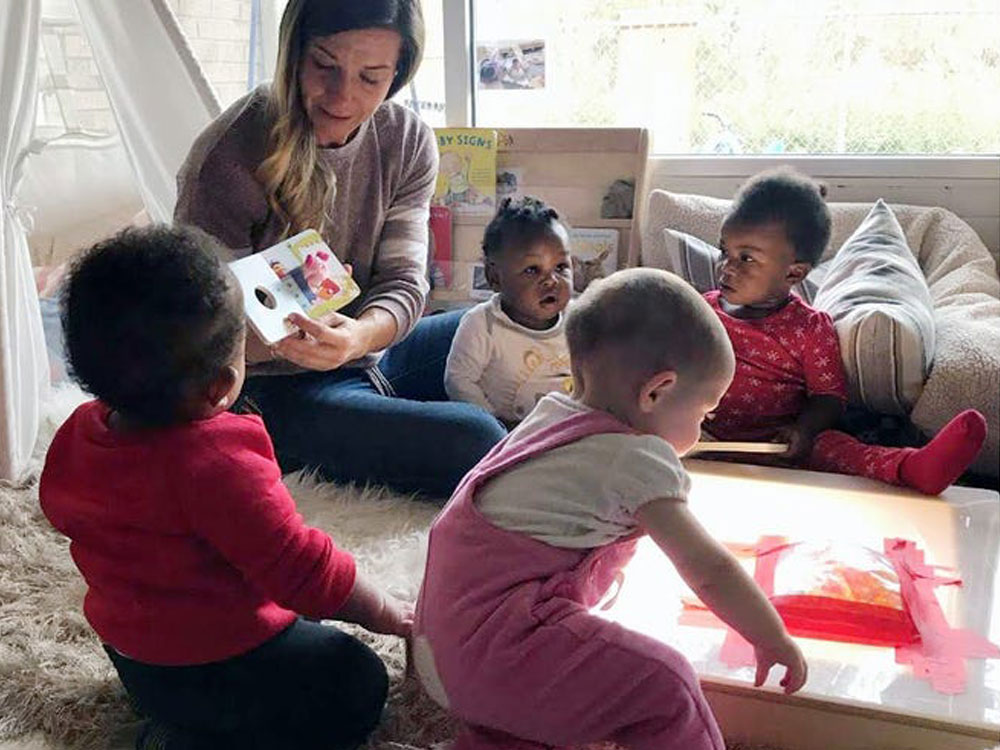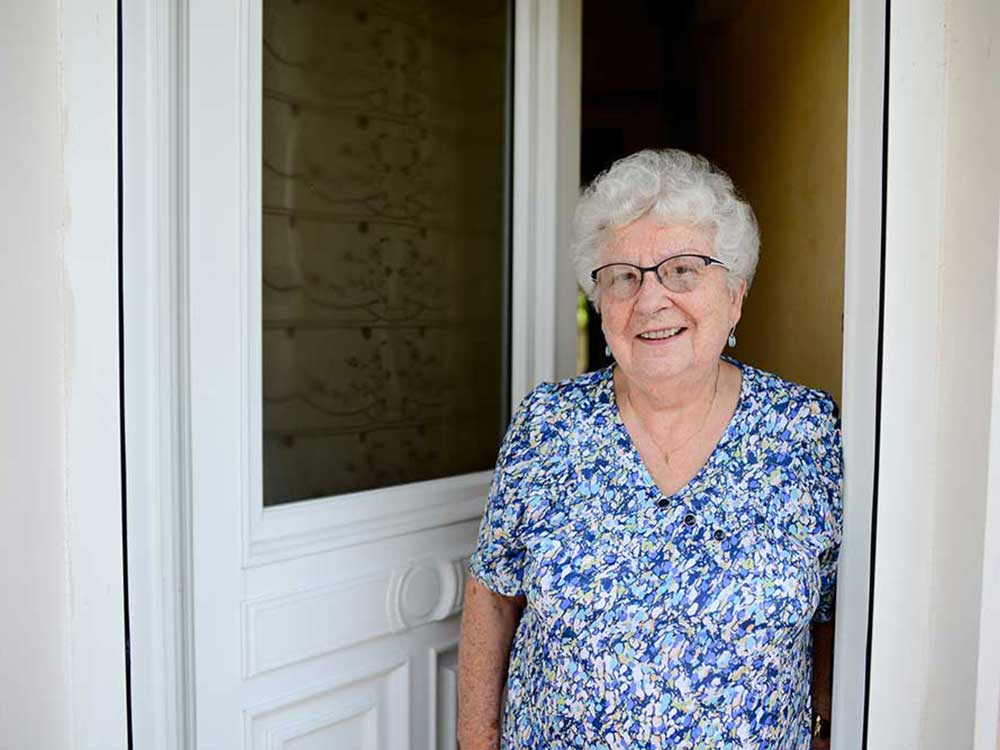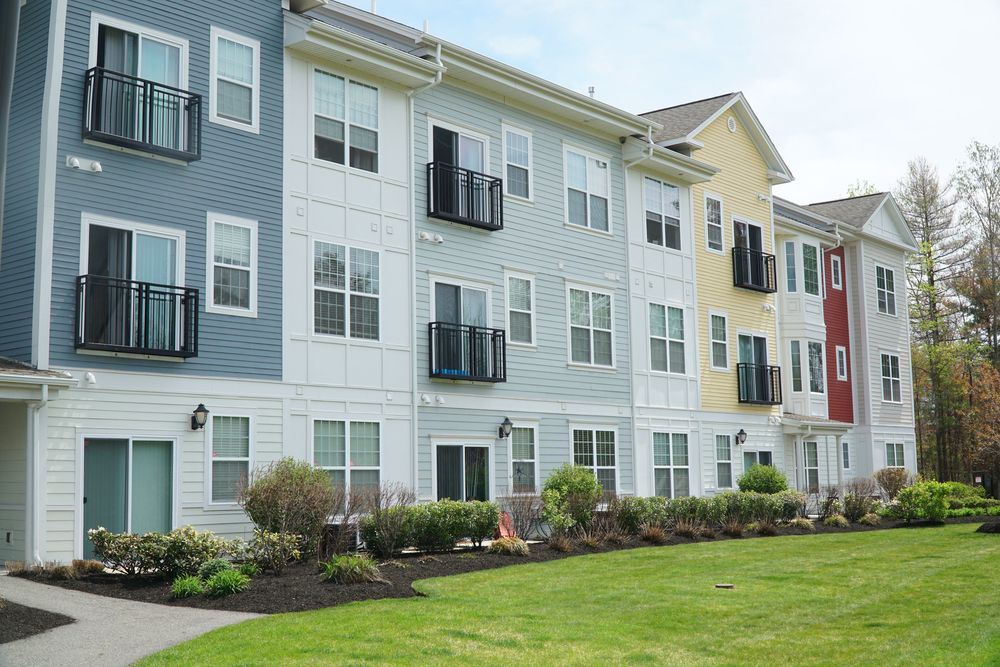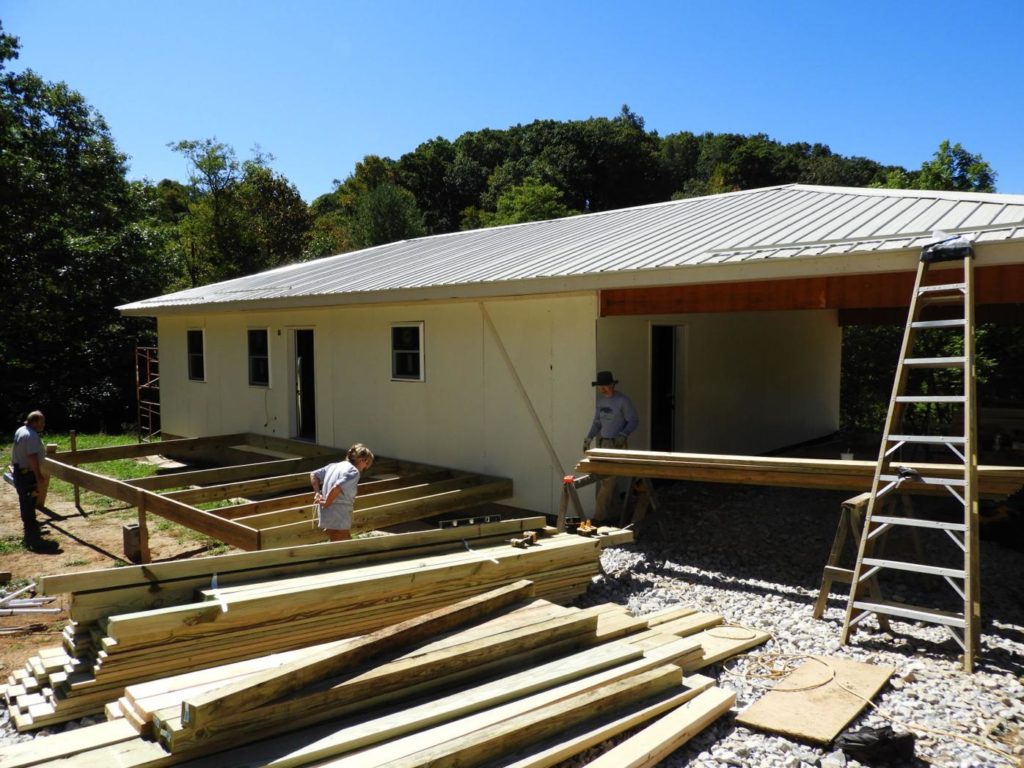“Sometimes it’s about more than just listening. Sometimes you need someone to dig deeper – to go beyond the surface and actually understand the essence of the person’s situation to make real, effective change.”

Donna Tipton-Rogers is a proud native of Brasstown in Cherokee County who left her mountain home after high school and spent the next nine years pursuing higher education and career opportunities in the Carolinas, but eventually found her way back home.
Long before becoming Tri-County Community College’s (TCCC) first female president and, at 37, the youngest college president in North Carolina, Donna’s longtime life focus was “service to others.” While attending UNC-Asheville, she served in various customer engagement and hospitality roles at the world famous Grove Park Inn.
After earning her bachelor’s degree, Donna moved to the Lowcountry of South Carolina to pursue a master’s in history through a program offered jointly by College of Charleston and The Citadel. While living near the ocean was nice, she says, “Increasingly, I found myself longing for the cool breeze of the mountain air,” and knew it was time to return home.
She returned to The Grove Park Inn, this time serving fulltime as Director of Recreation. Three years later she joined Tri-County Community College’s (TCCC) Graham County Center, serving first as dean and then as vice president. She also pursued a doctorate in higher education from the University of Tennessee, earning her degree in 2004.
Having been named TCCC president in 2007, Donna has made it a priority to ensure students and the residents of Cherokee, Clay and Graham counties not only have access to quality education, but also realize the importance of excellent and affordable health care. As co-chair of the state’s Task Force on Rural Health, she has implemented high-level ideas for health care improvement, including supporting a local advisory board of EMS directors and services, building out a new on-campus allied health center and simulated ER, and continuing to offer nursing, medical assisting, nurse aid, and emergency medicine curricula at TCCC.
“Like health care, education is about seeing the whole component and making strides to address complexities piece by piece,” says Donna. “We know our students can’t succeed in the classroom if their basic needs on the outside aren’t being met.”
That’s why TCCC offers an on-campus food pantry, community assets, and job and career counseling, as well as availability to an abundance of mental health services. It’s about giving students the foundation they need to realize their dreams.
To illustrate the point, Donna recalls her personal journey with Daniel Rattler, a Cherokee man who came to TCCC in his sixties more than a decade ago to enroll in an art course. But Daniel had never been able to complete his high school diploma because of the Cherokee language barrier.
“His drive was immediately obvious,” Donna says, “and I knew we could work together to pursue more than just art.”
Seven years and countless encouraging conversations with Donna later, Daniel graduated from TCCC with his GED and was able to take several curriculum art classes. Now in his early 80s, Daniel still attends every GED ceremony TCCC offers and visits the college often as he has fully realized his dream of pursuing higher education to enhance his daily life.
“I think I realized the moment Daniel walked in the door,” says Donna, “that this man was going to teach us so much more than we could ever teach him. Sometimes it’s about more than just listening. Sometimes you need someone to dig deeper – to go beyond the surface and actually understand the essence of the person’s situation to make real, effective change.”
And that’s just what Donna hopes to do as a member of the Dogwood Health Trust Board of Directors.
“I want to get close to people and causes, listen to their needs and work as part of the Trust to improve lives,” said Donna, who resides in Brasstown with her husband, Hayden, and teenage daughters Torin and Lochlan. “Just as I do with my students, I want to make sure every single Western North Carolinian knows he or she is valued.”
Address:
890 Hendersonville Rd
Asheville, NC 28803
Mailing:
890 Hendersonville Rd
Asheville, NC 28803
Join our mailing list to receive updates on our latest news, funding opportunities, and more.
© 2024 Dogwood Health Trust. All rights reserved.

Support programs and networks that reduce deaths, treat addiction, and prevent first use

Help reduce disparities based on race, location, education and income factors

Invest in integrated heath care with seamless connections to supportive services

Support communities that promote healthy living and resiliency and help mitigate the impact of trauma, isolation and stress on individuals and families, especially those experiencing poverty

Support a well-funded, sustainable, competitive entrepreneur and small business ecosystem throughout the region

Help build a regional economic ecosystem that supports increased creation/retention of jobs and business ownership

Help build a skilled workforce with the knowledge and technical abilities to excel in a wide range of industry employment opportunities that provide a competitive, sustainable wage

Source, analyze and share a comprehensive, county-by-county data set that paints a full picture of work readiness, economic development and entrepreneurial needs and opportunities specific to Western North Carolina

Work in tandem with Economic Opportunity Strategic Priority to invest in career readiness at the community college and university levels

Support K-12 learning experiences with the resources and sustainability to provide an excellent academic and social-emotional education, so that all students graduate ready for college or career

Invest in an improved early childhood education ecosystem with the resources and sustainability to provide developmentally appropriate, affordable and accessible education and care to support ages birth to five, so that all children in WNC enter kindergarten ready to learn

Source, analyze and share a comprehensive set of publicly available data that provides a regularly updated, county-by-county picture of access, workforce and student outcomes in early childhood education and K-12 education specific to Western North Carolina

Loans, guarantees, and other financial tools to leverage funding opportunities

Increase affordable housing for lowest-income individuals and families

Support age-appropriate resources in affordable and workforce units, rental and owned

Invest in housing with sustainable supports for physical and mental health and wellbeing

Support healthy and safe revitalizations that work against displacement and gentrification, preserve home ownership and create generational wealth.